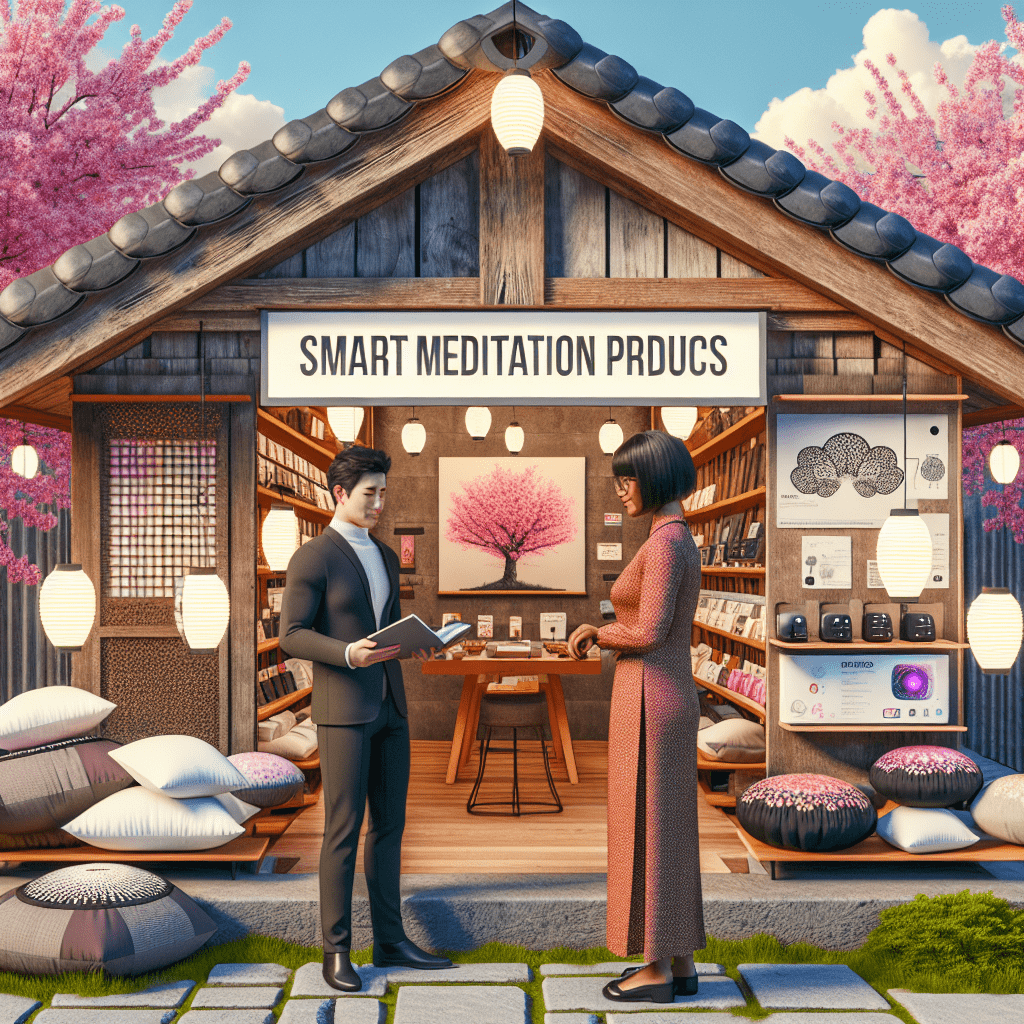
Prioritize your mental well-being daily. Enhance your life by nurturing your mental health with the Smart Meditation app. Break free from stress, alleviate anxiety, and enhance your sleep quality starting today.
Can Sleep Apnea Cause Anxiety?
Unraveling the Sleep Apnea-Anxiety Conundrum
At the heart of a good day lies a good night’s sleep. Yet, for many, the night is anything but restful, courtesy of sleep apnea, a condition that momentarily stops your breathing while you’re in the land of nod. But the plot thickens when we toss anxiety into the mix. Could these midnight breath-halting episodes be the clandestine architects of day-time anxiety? Let’s delve deeper and unearth the connection.
Navigating Through the Night’s Maze
On the face of it, sleep apnea and anxiety appear to be inhabitants of two different realms – the physical and the psychological. However, anyone who’s had a brush with sleep apnea might beg to differ. Here’s why:
-
The O2-CO2 Tango: Imagine you’re snoozing peacefully, and suddenly, you stop breathing. That’s your body missing a step in the crucial oxygen-carbon dioxide exchange tango. Your brain, in a mild panic, sends a wake-up call, often jolting you awake in a state of alarm. This repeated “up-and-at-’em” routine can leave you more frazzled than a cat in a room full of rocking chairs.
-
Sleep Fragmentation: Picture your night’s sleep as a movie. In an ideal world, it’s a single, unbroken epic. Sleep apnea, however, chops it up into bite-sized fragments. You’re left with a sketchy plot and a feeling of unrest, which can pave the way to anxiety’s doorstep.
-
Cortisol’s Curtain Call: Each apneic event is akin to sounding the alarm bells, prompting your body to release cortisol, the stress hormone. Over time, this can set the stage for an anxiety disorder, as cortisol and a calm mind are about as compatible as oil and water.
Now, layer these physiological shenanigans with the day-to-day implications – the dread of sleep because you know it won’t be restful, the trepidation of facing a new day running on empty, and the social anxiety from potentially dozing off at inopportune times or waking up with a chorus of snores during a quiet moment.
The Road to Clarity and Calm
So, sleep apnea could very well be tossing anxiety into your mental mixer. But recognizing the issue is half the battle won. Here’s how you can turn the tide:
-
Seek Professional Guidance: It’s as clear as day; getting a handle on sleep apnea could help keep anxiety at bay. Sleep specialists and CPAP machines stand ready to come to your rescue. Don’t give it a second thought!
-
Lifestyle Overhaul: Sometimes, it’s the little things that count. Minor tweaks in your daily routine – be it embracing the pillow a tad earlier, curbing the evening caffeine fix, or donning the exercise garb – can work wonders.
-
Mindful Maneuvers: Techniques like cognitive-behavioral therapy (CBT), mindfulness, and even simple breathing exercises can be powerful allies in your quest for tranquility.
-
Community and Connection: Remember, you’re not solo on this journey. Connecting with others facing the same nighttime battles can lighten the load and provide invaluable insights.
In a nutshell, while sleep apnea might indeed be a covert operator behind the scenes of anxiety, the good news is there’s a way out of the maze. By confronting the nocturnal nemesis head-on, with a blend of medical insight, lifestyle adjustments, and a spoonful of mindfulness, the promise of serene slumbers and serene days isn’t just a pipe dream. It’s within reach.





